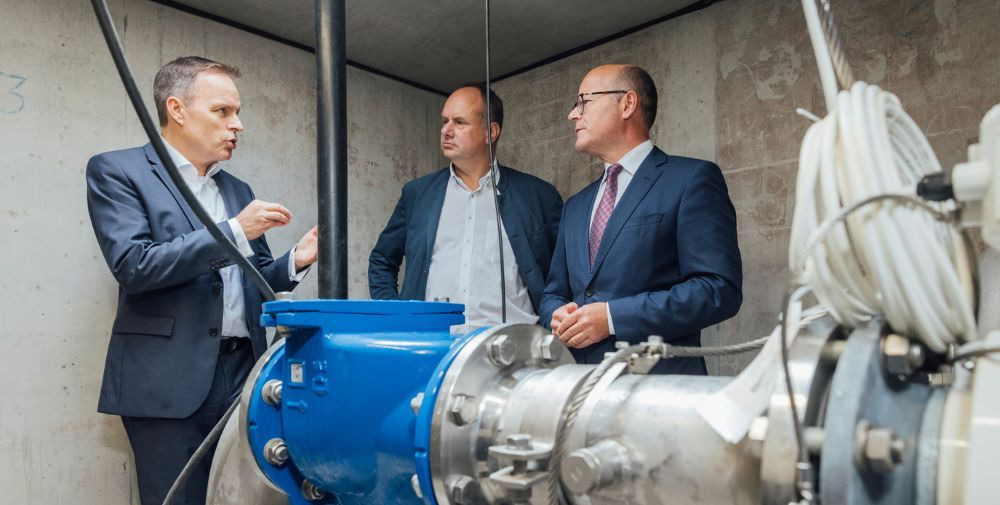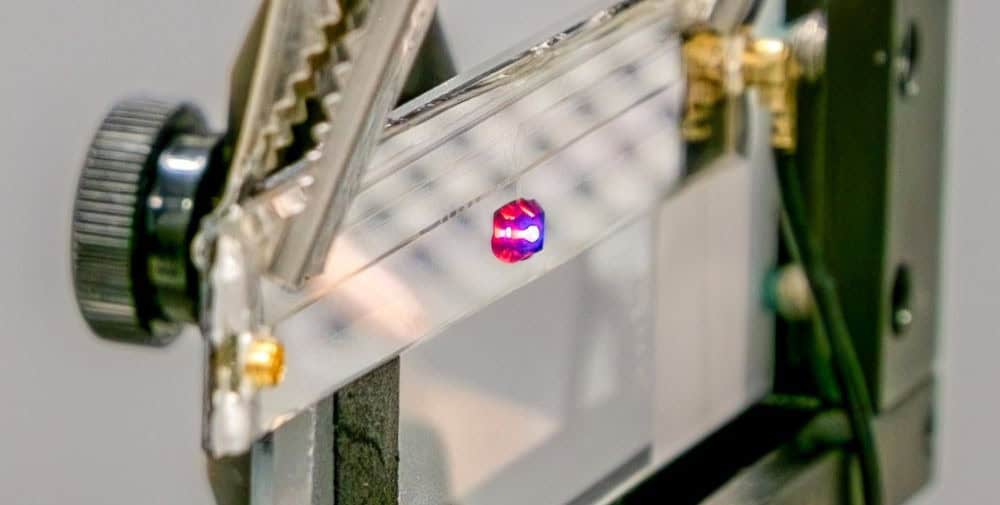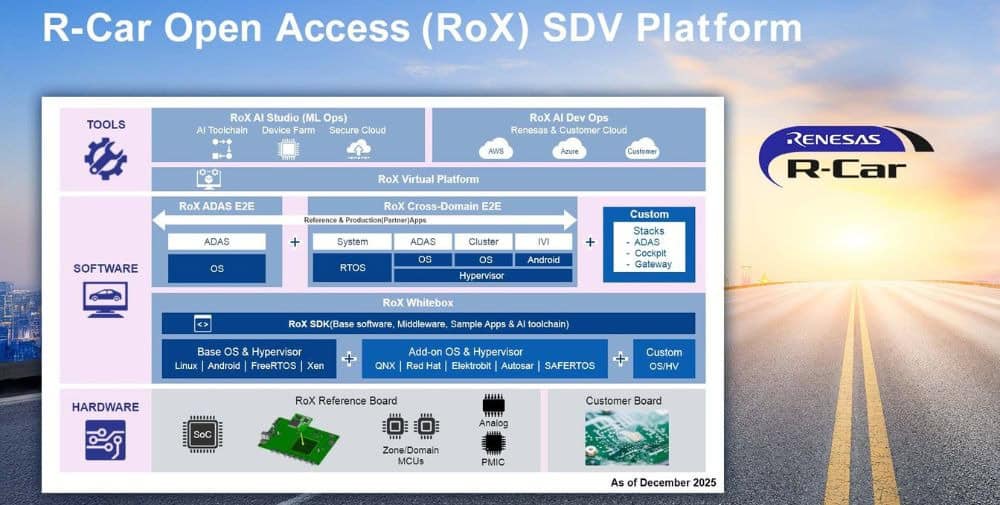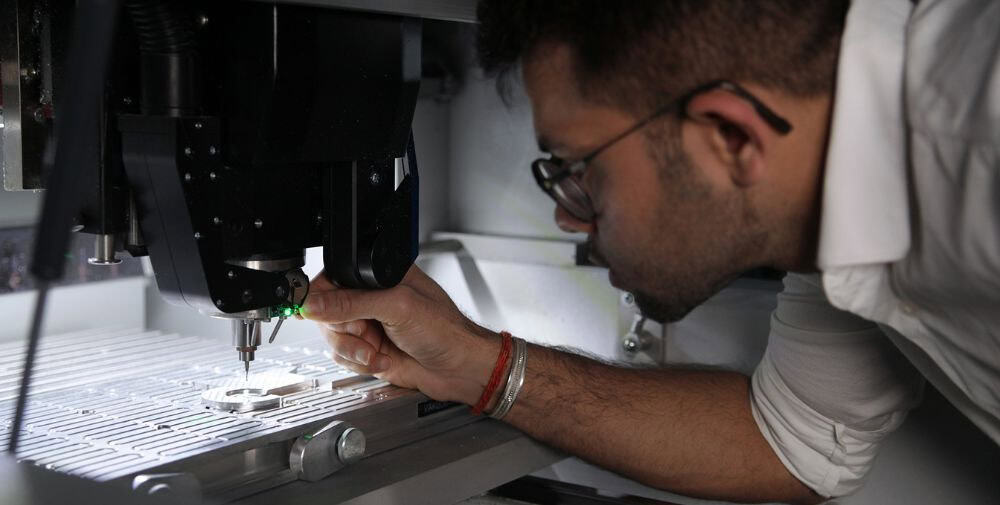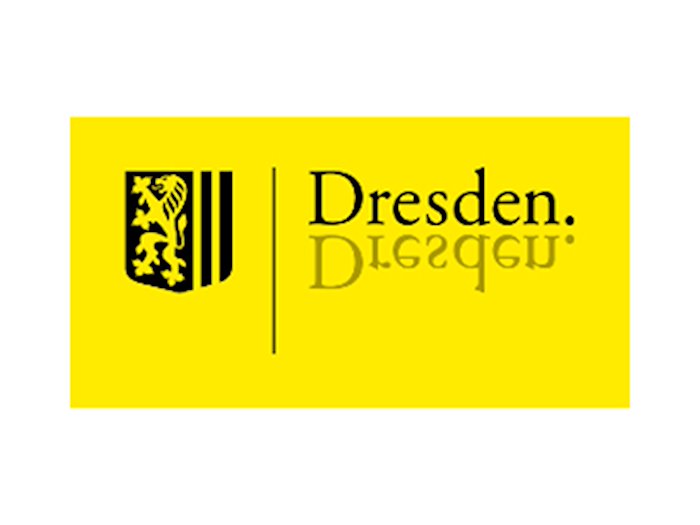
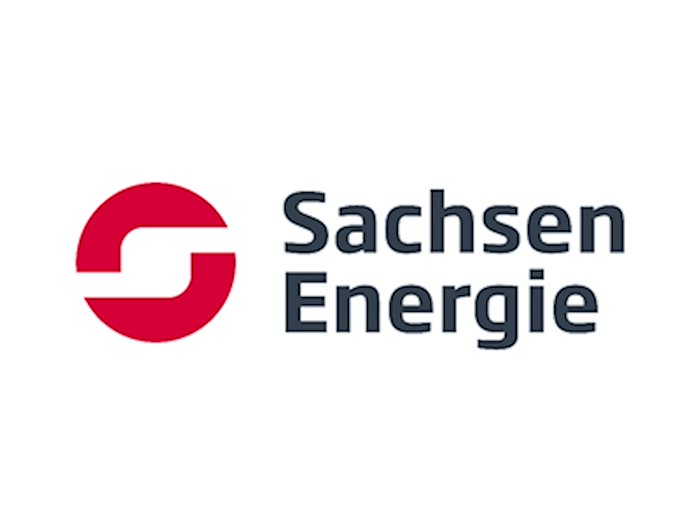
Dirk Hilbert, Lord Mayor of the City of Dresden: “The current economic boom in the north of Dresden will positively influence our city beyond the current decade: Attractive jobs and contracts, prosperity, purchasing power and, of course, rising business taxes that will benefit everyone. An efficient and resilient infrastructure is a necessary preliminary achievement with which we, as a municipality, make a difference in the global competition between locations. The river water plant means future viability, security of supply and price stability for the entire city society and, moreover, sustainably conserves groundwater as a valuable drinking water resource.”
Dr. Frank Brinkmann, Chairman of the Board of SachsenEnergie: “We have to shape the future today in order to give the growing high-tech industry and the people of Dresden a perspective and security for tomorrow. With our new river water system for industry, we want to enable industrial growth and new settlements without compromising the drinking water supply for the population. The new industrial water system with river water plant has a total investment of over 320 million euros and is without alternative for supplying the growing chip industry.”
Expansion and new construction: innovative technology for a long-term sustainable solution
With the commissioning of 15 riverbank filtrate wells on the Saloppe to supply companies in the north of Dresden, the industrial water supply has taken a first important step in early 2023. Chip manufacturers Infineon and Bosch have already secured additional volumes for the future. In response, SachsenEnergie is making a major financial investment to upgrade the existing three waterworks at Hosterwitz, Tolkewitz and Coschütz by 2026 and is recommissioning the Albertstadt reserve waterworks. As a long-term sustainable and transparent solution, SachsenEnergie intends to build an innovative river waterworks in the west of Dresden in parallel by 2030, together with its own redundant distribution network. With this step, the company is also reacting to the announced relocation of the Taiwanese chip manufacturer TSMC. In order to be able to offer competitive water prices to the semiconductor industry, there is an economic gap in view of high investments. The Free State of Saxony and the state capital Dresden are seeking to support the measure with subsidies.
Oliver Schenk, head of the Saxon State Chancellery and State Minister for Federal Affairs and Media: “It is important and right that SachsenEnergie and the state capital Dresden are moving forward with great energy to secure the water supply for both the population and industry in the city of Dresden. After all, we can see in other major industrial projects, not only in Germany, how essential the issue of water supply has now become. The planned industrial water supply concept, which includes the construction of a river waterworks, is necessary and requires joint action. We want to further develop the Dresden North site for the semiconductor industry and use the opportunities of the digital and green transformation for economic growth in all parts of our country. TSMC’s decision to invest in the Dresden site, as well as the strategic investments aimed at further growth by companies already located there, such as Infineon or Globalfoundries, are the result of many years of successful settlement policy and trusting cooperation between business and the public sector. They are also a stroke of luck for Europe’s largest semiconductor cluster, because they provide very decisive impetus for future positive economic development. On the other hand, we are committed to providing the population with sufficient drinking water. For this reason, the Free State of Saxony and its competent licensing authorities will do their utmost to support the planned investment by SachsenEnergie. To ensure that the project can be successfully implemented, I am counting on close coordination between all parties involved and the constructive and goal-oriented implementation of the necessary approval procedures.”
The state has made substantial provision in its current budget for financial support of appropriate measures to strengthen the infrastructure. A grant can be awarded if the eligibility requirements are met. This still requires a decision by the cabinet, which is planned for November. The city council of the state capital is expected to decide on the support in November. According to calculations to date, the total investment in the industrial water system will amount to more than 300 million euros, depending on the stage of expansion.
Answer to rising water demand: decoupling drinking and industrial water
The EU chip law is a decisive trigger for the further expansion of Dresden, which is already the largest location for the semiconductor industry in Europe. This provides for a doubling of European production capacities. In the next ten to 20 years, SachsenEnergie expects demand for industrial water from semiconductor producers to double to triple as a result of the expansion plans. According to these forecasts, their share of Dresden’s total water demand is expected to rise from the current 30 percent to around 50 percent by 2030.
After evaluating studies and weighing up the risks, costs and feasibility, SachsenEnergie, in consultation with the Lower Water Authority, sees the future-proof supply of industrial customers with treated river water from the Elbe as the only responsible and thus alternative-free option. According to SachsenEnergie’s audit, the river water plant has only a very minimal impact on the Elbe’s water balance. Even in times of low water, the volume withdrawn is only 0.21 percent of the flow rate due to the high recycling rate and, after use, 80 to 90 percent is returned to the Elbe via the Dresden municipal drainage system.
Frank Bösenberg, managing director of the Saxony industry association Silicon Saxony e. V., welcomes this step: “The new SachsenEnergie waterworks strengthens Dresden as an industrial location. The semiconductor industry will also benefit from this. The sustainable use of water is a top priority. That is why the industry has been using processes for years to save water or recover it through reverse osmosis, for example. Most industrial wastewater is treated so that it can be reused. An environmentally friendly circular economy is a living reality for the semiconductor industry.”
Raik Brettschneider, Managing Director of Infineon Technologies Dresden GmbH & Co. KG: “We have been working very well with the authorities and utilities in Dresden for many years. This was an important basis for our Group’s decision to expand manufacturing capacity at the Dresden site. The supply of bank filtrate from the River Elbe already secures our factory’s water requirements. The microelectronics industry in Dresden is the most important branch of industry in the Free State of Saxony and will continue to grow in importance in the coming years. We therefore expressly welcome the plans for a new river waterworks.”
– – – –
Further links
👉 www.dresden.de
👉 www.sachsenenergie.de
Photo: pixabay
